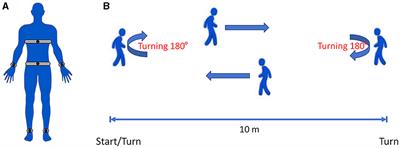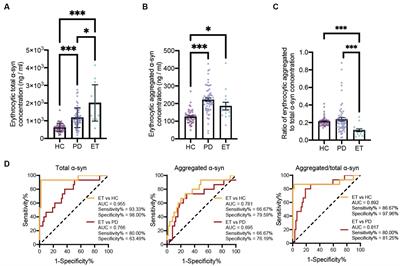REVIEW
Accepted on 13 Jan 2025
Intracranial Closed-Loop Neuromodulation as an Intervention for Neuropsychiatric Disorders: An Overview
doi 10.3389/fpsyt.2025.1479240
955
Total downloads
3,885
Total views and downloads
Select the journal/section where you want your idea to be submitted:
REVIEW
Accepted on 13 Jan 2025
ORIGINAL RESEARCH
Published on 01 May 2024

ORIGINAL RESEARCH
Published on 24 Aug 2023


Frontiers in Psychiatry